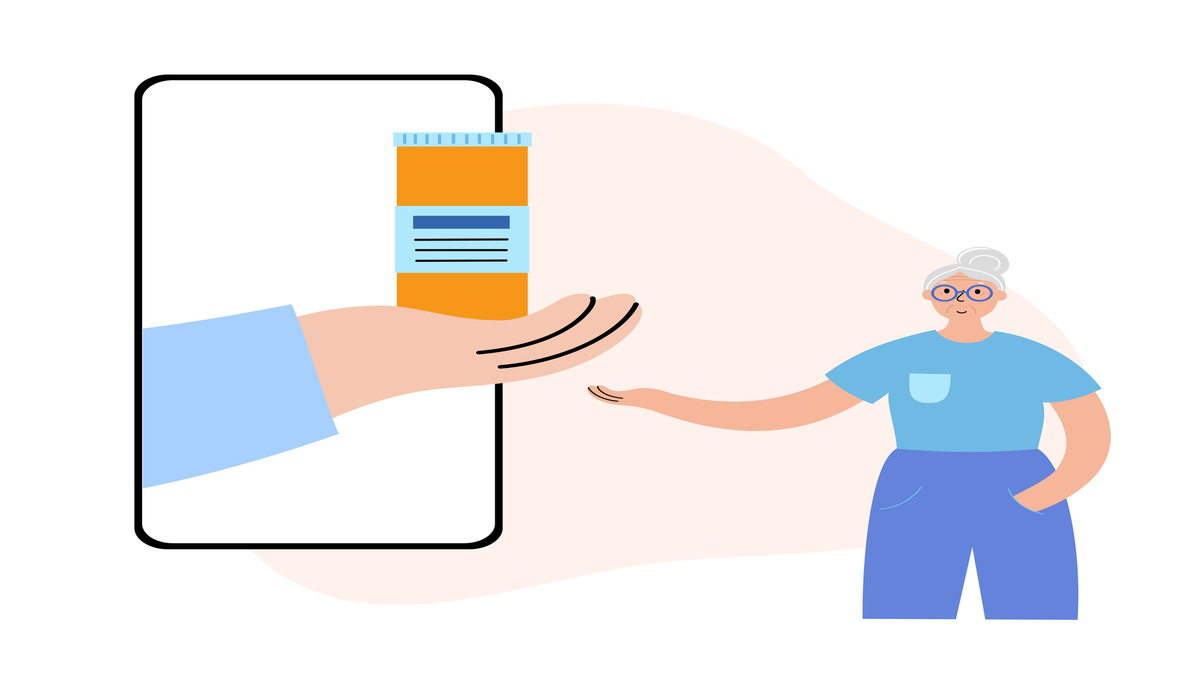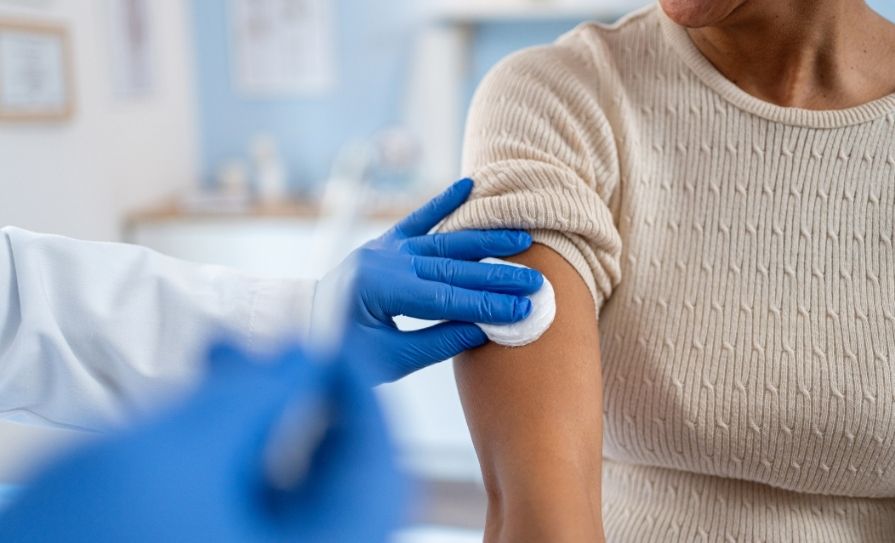With more people than ever working from home, the Irish Pharmacy Union (IPU) recently sought to remind the public about the major health risks that can arise from purchasing medicines online. The IPU also warned those tempted to buy tests for the diagnosis of Covid-19.
Community pharmacist and IPU Executive Committee member Ms Caitriona O’Riordan said: “It is vitally important that all testing for Covid-19 is centralised under the direction of the National Public Health Emergency Team (NPHET) and conducted in the National Virus Reference Laboratory to ensure first and foremost that the test result is trustworthy, and also that we have reliable national data on case levels, and contact tracing can be carried out.” The IPU said the public must heed NPHET advice that members of the public should not purchase Covid-19 tests online or from any other retailer, as these tests may provide incorrect results.
The ongoing problem with online medicines was highlighted by the seizure earlier this year of over 49,000 illegal medicine products by the Health Products Regulatory Authority (HPRA). The products, worth an estimated €175,000, were seized as part of Operation Pangea, an international week of co-ordinated action between customs officers, health regulators and police from around the world, which targets the online sale of counterfeit and illegal medicines and medical devices.
The most common items found in the packages seized were large volumes of sedatives and pain relievers, as well as anabolic steroids, erectile dysfunction and teeth-whitening products.
Ms O’Riordan said many of these products sold on websites and social media pages are falsely advertised: “While the people who purchased these products may feel like they are getting a good deal, the reality is that medicines and lifestyle products from unregulated online sources pose a major health risk to consumers. They sometimes contain none of the active ingredient, or sometimes too much or too little of some ingredients, which are also of questionable quality.”
Previous HPRA laboratory analysis of seized medicines, unlabelled medicines, and lifestyle products has proven that they often contain harmful or completely different active ingredients.
Ms O’Riordan continued: “There are also other risk factors that people may not fully consider when purchasing medication online, including the importance of risk assessments. Your local community pharmacist is a medicines expert, who will ensure that any medicine you get from them is suitable for you and won’t react with any other medications you are taking. However, when purchasing medication online, all the established safety nets are bypassed.
“The dangers of purchasing medicines online have further been brought into focus following recent reports from Northern Ireland that unlicensed supposed antiviral drugs are being bought online to treat Covid-19. There are huge dangers in purchasing unlicensed and unproven medicines from online sources that are unregulated and unaccountable. Anyone who has purchased these medicines online can and should instead consult with their GP or pharmacist, who can provide appropriate professional advice,” concluded Ms O’Riordan.







